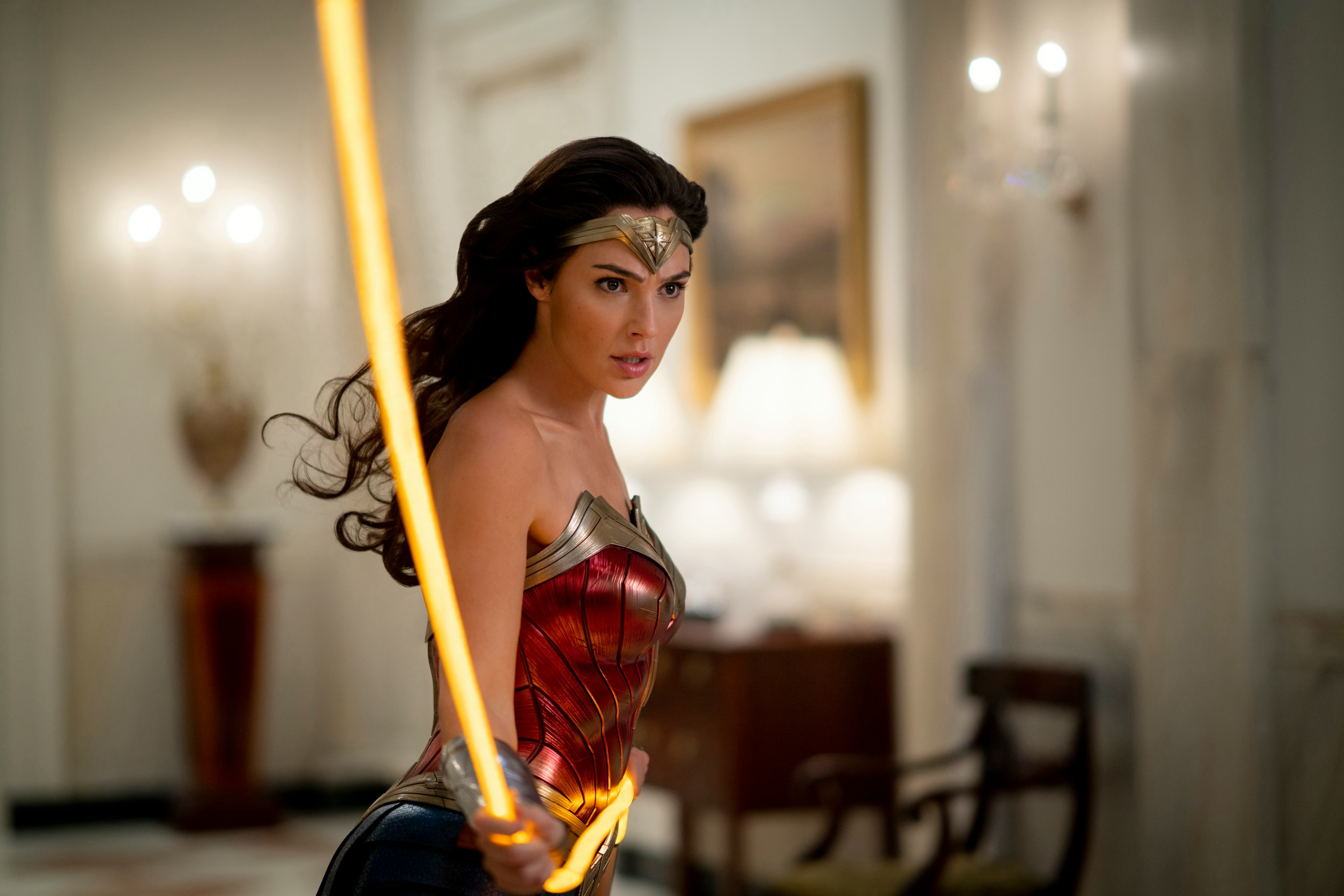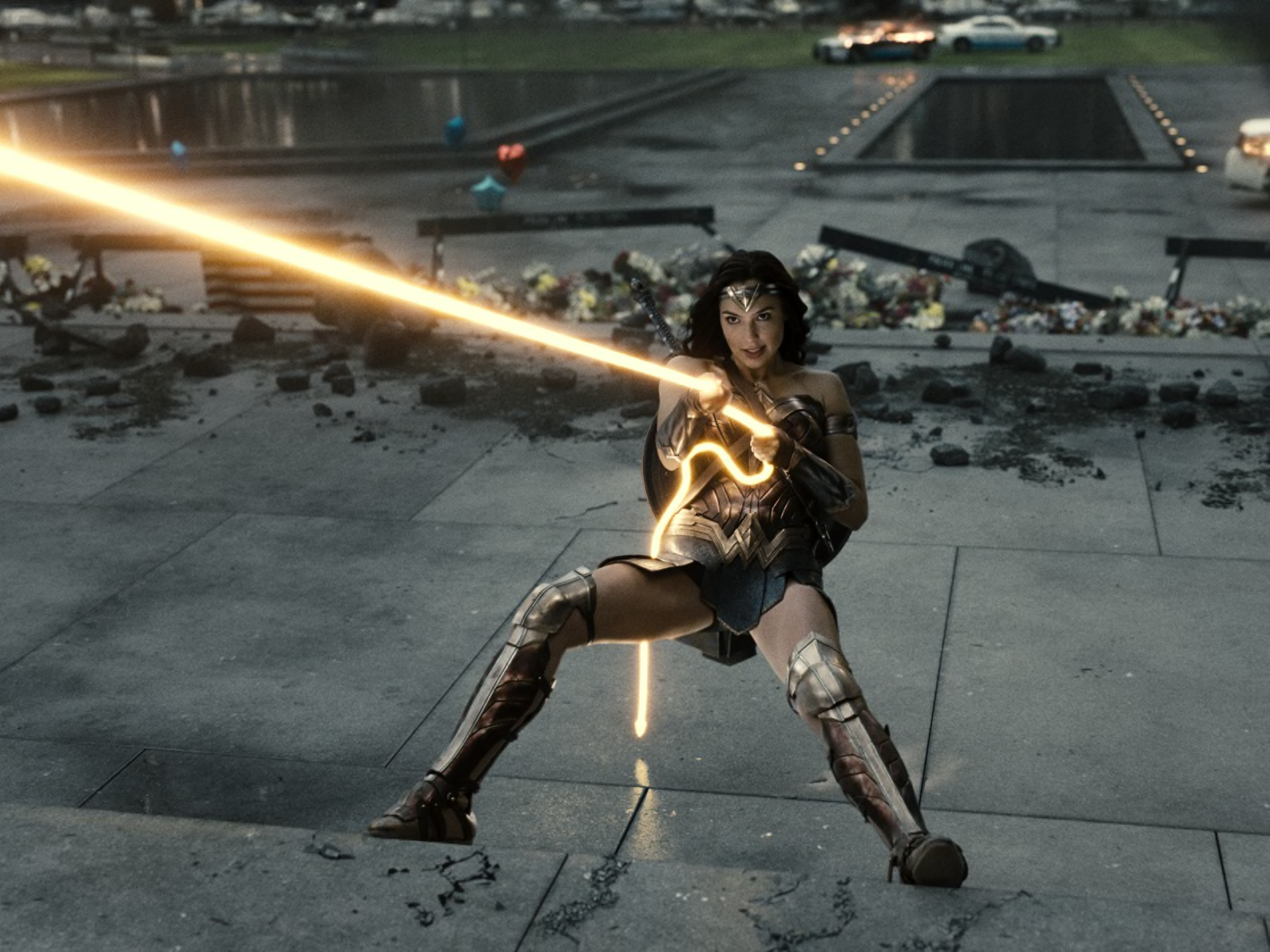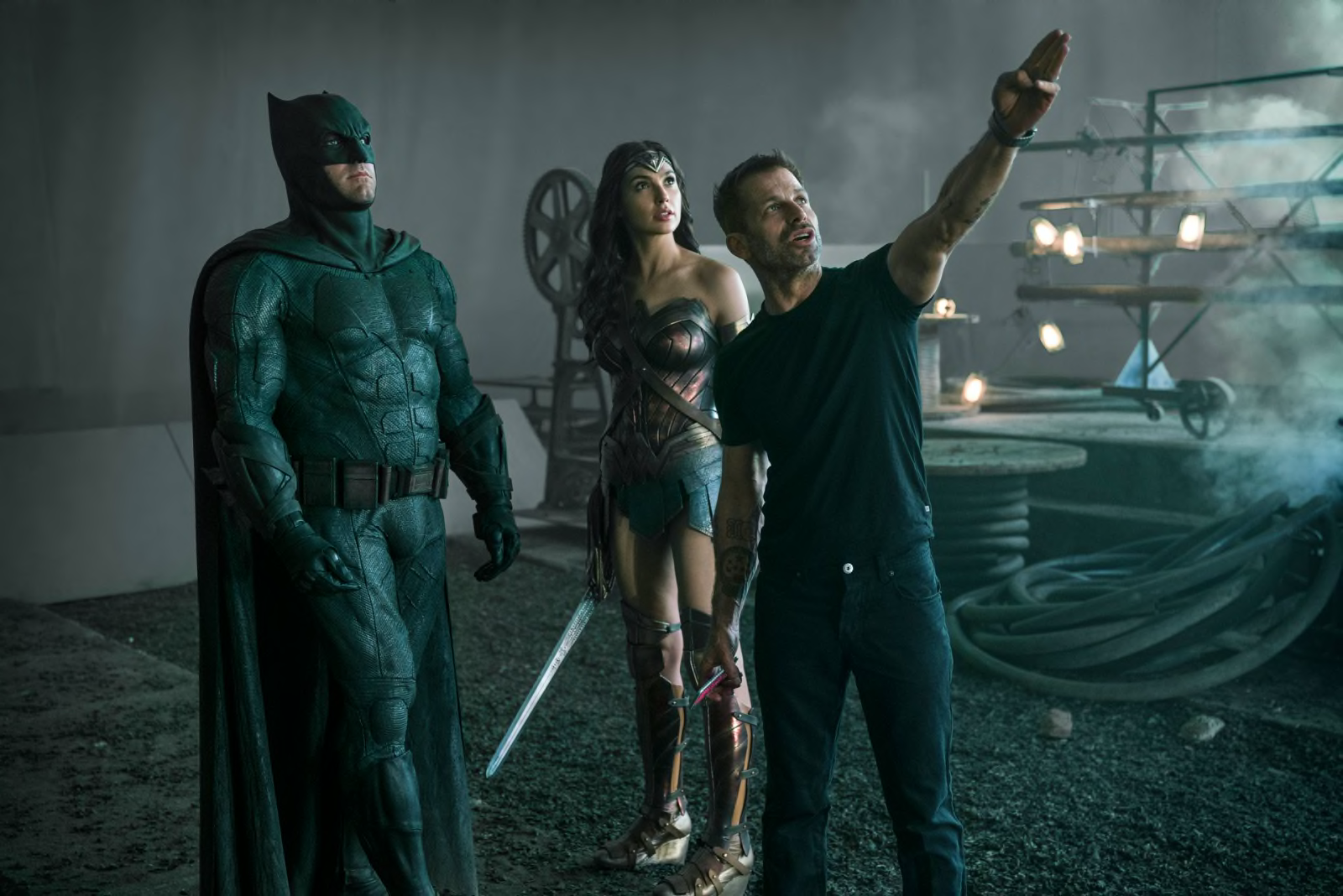Gal Gadot may have only portrayed Wonder Woman for a brief period, but she has undoubtedly established herself as the ultimate embodiment of the character. Ranking all of her DC films, it’s clear that Diana Prince is one of the most beloved and yet neglected superheroes in the DC universe. Despite her long-standing comic book history spanning over 80 years, the on-screen representation of the character has been limited in comparison to other popular DC heroes such as Batman and Superman who have been frequently adapted for the big screen.

However, everything changed when Gal Gadot’s character was officially introduced to the DC Extended Universe in 2016. Prior to this, Gadot was mostly recognized for her role as Giselle in the Fast and Furious franchise. But, since then, she has become synonymous with the iconic hero. The character has since received two solo projects and has made numerous cameos across the franchise’s other films, making her the DCEU character with the most appearances. With a reboot of the franchise on the horizon and the role confirmed to be recast for James Gunn’s DCU, here is a ranking of every DC movie featuring Gal Gadot’s portrayal of the character, from worst to best. Starting from the bottom, Justice League ranks at number six.

Diana plays a crucial role in the ensemble film Justice League, working alongside Bruce to gather the League and fight against Steppenwolf and his army of Parademons. She recruited Cyborg and provided necessary exposition about the incoming invasion due to her knowledge of Amazonian history. However, the film suffered from on-set drama and the merging of two different visions, resulting in a messy and incomplete story. Cyborg’s role was significantly cut down, limiting a character meant to be the heart and soul of the story. The Snyder Cut ultimately provided a more well-rounded and coherent story, highlighting the significant changes made to the theatrical version. Despite some understandable decisions, the theatrical release was a failure and led to the franchise’s reboot. Batman V. Superman: Dawn of Justice also had a significant impact on the DCEU.

Superman and Batman had never been seen together on the big screen before this film, making it a highly anticipated movie. Although it’s not exactly a sequel, it picks up where Man of Steel left off and the world is still grappling with Superman’s reveal from two years prior. Bruce Wayne, who is still traumatized by the Kryptonian invasion and manipulated by Lex Luthor, perceives Superman as a potential threat and decides to kill him, setting off a conflict between them.
However, the film has several issues, the main one being that it misinterprets the characters of its main heroes. Batman is portrayed as a killer, and Superman is depicted as a darker and broodier version of himself which does not resonate well with the audience. As a result, the fight between them feels forced and arbitrary, and the resolution lacks depth due to an unconvincing coincidence. Furthermore, Superman’s death at the end feels empty and unsatisfactory because he spends so little time representing his classic character.
Diana, aka Wonder Woman, is introduced to the story when she meets Bruce at a party and tries to retrieve information about herself from Lex Luthor. In the movie’s final battle against Doomsday, Diana appears wearing her armor and her iconic theme. This marks the first time the DC trinity has been featured in live-action, and although the movie was one of the worst comic book adaptations, Wonder Woman’s involvement was undoubtedly a highlight.
Moving on to Wonder Woman 1984.

The highly anticipated sequel to Wonder Woman takes place in the 1980s, nearly seven decades after the events of the first film. Diana now works as an anthropologist for the Smithsonian Museum while secretly operating as Wonder Woman. The museum acquires a Dreamstone, capable of granting wishes. Without realizing it, Diana uses it to bring back Steve Trevor, who died in the previous film, causing him to possess another man’s body, which is barely addressed.
Pedro Pascal’s Maxwell Lord, a con man and television personality, obtains the stone and uses its power to grant wishes, turning himself into the stone. Lord grants wishes in exchange for more power and influence, while Diana attempts to stop him from causing chaos across the world. Lord eventually decides to grant everyone on the planet’s wishes, making himself more powerful and plunging the world into complete chaos.
As Diana learns about the drawbacks of the stone and slowly loses her powers, she realizes that she must move forward and let Steve go to become strong enough to face Lord and save the world. While the final confrontation with Lord is not as thematically inconsistent as the first film, it is somewhat anticlimactic as Diana defeats him by convincing everyone, including Lord, to undo their wishes.
Despite its flaws, the film does have some great moments, such as when Diana turns a plane invisible using magic, referencing her invisible jet from the comics. Additionally, the role reversal between Diana and Steve is hilarious, with Diana being knowledgeable about the world and Steve being the fish out of water. Although a third film could have remedied the issues in this one, that is no longer a possibility. The Flash is another highly anticipated film set to be released soon.

The recently released DCEU film, The Flash, not only marks the latest addition to the franchise but also features Gal Gadot’s final appearance as Wonder Woman in a brief cameo at the beginning of the film. The opening scene sees Barry receiving a call from Alfred, asking for his help in stopping a robbery at Gotham General Hospital while other members of the Justice League are occupied. Bruce chases the criminals, leading to a near-fatal plunge off a bridge, before Diana saves them with her lasso of truth. While the movie draws inspiration from the Flashpoint comics, where Wonder Woman plays a significant role, her presence in The Flash is somewhat limited.
Opinions on the rest of the film are mixed, with some loving it and others hating it. One of the most significant criticisms the movie faces is its visual effects, which make some of the scenes, especially the final fight, appear unfinished. However, the emotional beats of the story, where Barry attempts to use his powers to save his parents, are some of its best elements, and his final goodbye to his mother is particularly moving. Despite its flaws, The Flash’s redeeming qualities should not be ignored.
Looking forward, Shazam! Fury of the Gods is the next DCEU film to be released.

The movie, which is a continuation of Shazam!, a well-received project of the DCEU, focuses on the children who gained powers in the first film. As they strive for independence, they begin to grow distant from each other while protecting the city of Philadelphia. The main conflict arises from their misuse of the gods’ power, leading to the arrival of the Daughters of Atlas, who seek to take it back. A significant aspect of the first film was its comedic elements, which are also present in this movie. Billy’s crush on Wonder Woman serves as a funny running gag throughout the film until she finally appears in the final moments to save the day. While it is a decent follow-up to the original, it doesn’t offer anything significant and ends up being forgettable.

Wonder Woman has made appearances in various animated series, but it wasn’t until the release of its live-action solo film that fans were able to see her on the big screen. With the previous disappointing films of Man of Steel and Batman V. Superman: Dawn of Justice, there was a lot at stake for the DCEU. However, the movie exceeded expectations by becoming one of the most exceptional and memorable projects in the franchise. The plot revolves around Diana, a warrior from Themyscira, rescuing a pilot named Steve Trevor who unintentionally attracts German soldiers to the island. After discovering the existence of World War I, Diana teams up with Trevor to put an end to the conflict, which she believes can be stopped by defeating Ares, the Greek God. Throughout the film, Diana’s idealistic views are challenged as she uncovers several truths about humanity. Though the last part of the film goes against the initial themes, the first and second acts feature some unforgettable moments from the genre. Additionally, the movie’s significance lies in its reputation as one of the first female-led superhero films, paving the way for future projects like Captain Marvel and Birds of Prey.